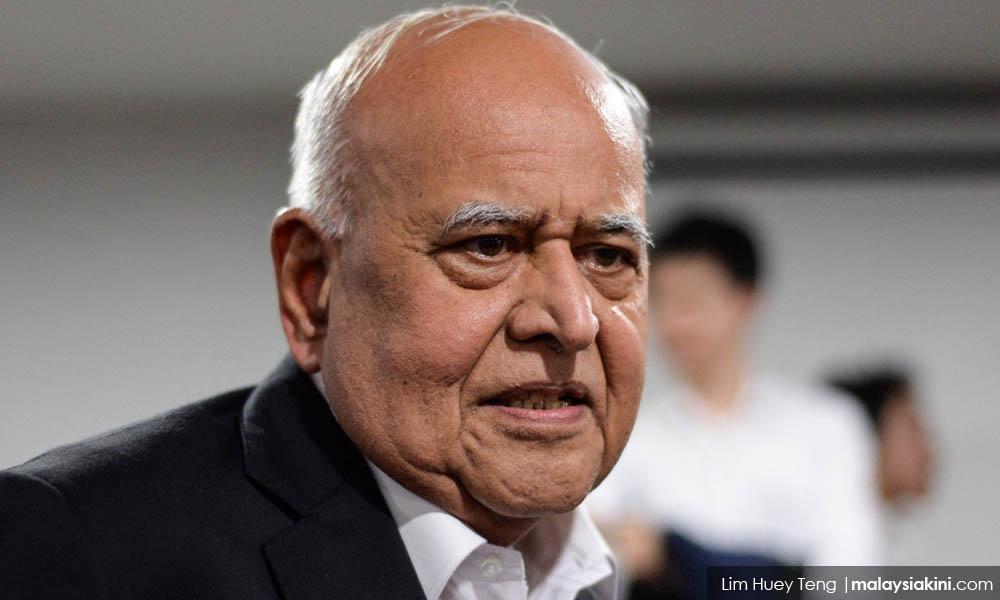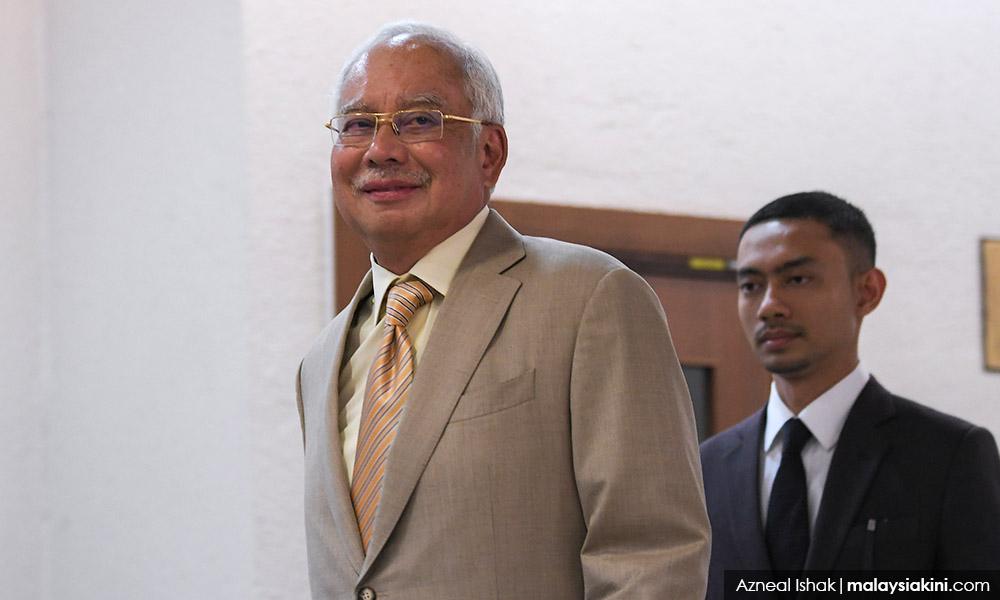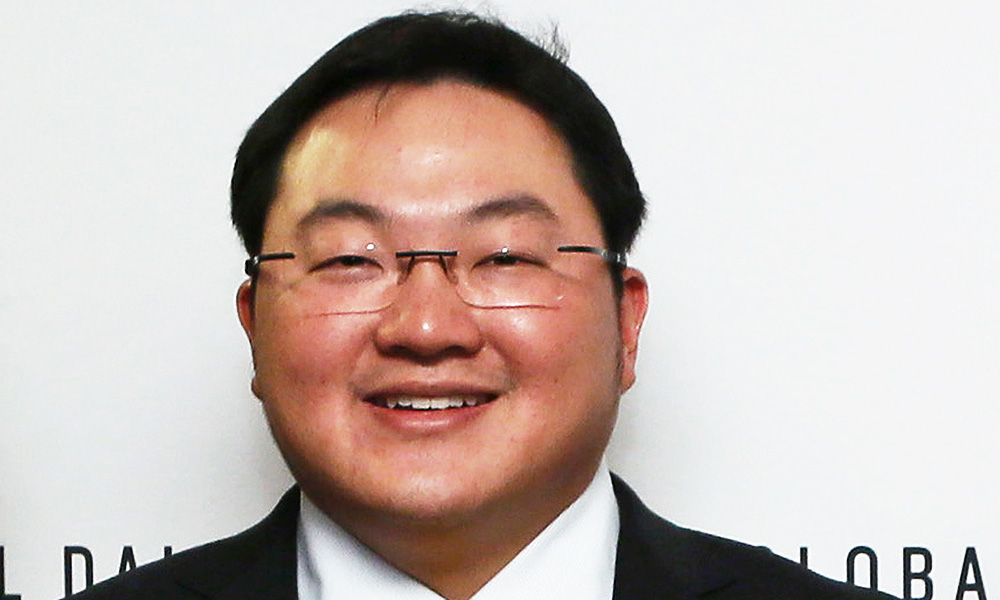Media
Statement – 31/8/2019
Malaysia’s Arrest and Sending back Asylum Seeker Teacher, Wife and 4
Children back to Turkey Is Wrong and Unjust
-Respect Human Rights, Law And
Principle Of Non-Refoulement-
MADPET (Malaysians Against Death
Penalty and Torture) is disturbed by the media report that Turkish teacher Arif
Komis and his family, who are recognized by the United Nations High
Commissioner for Refugees (UNHCR) as asylum seekers have been arrested by the
Malaysian police and thereafter deported
back to Turkey for prosecution(Malay Mail, 30/8/2019).
It is now learnt that Komis who
arrived in Turkey with his wife and their four young children today was swiftly
detained by police.(Free Malaysia Today, 30/8/2019)
Malaysia should respect the
principle of non-refoulement especially when it comes to asylum seekers and
refugees in Malaysia, which means that Malaysia should not be arresting and
sending back these persons to countries from where they have fled from
prosecution.
The primary and universal
definition of a refugee is contained in Article 1(A)(2) of the 1951 Convention
Relating to the Status of Refugees, as amended by its 1967 Protocol, which states that ‘ a refugee as someone who: "owing
to well-founded fear of being persecuted for reasons of race, religion,
nationality, membership of a particular social group or political opinion, is
outside the country of his nationality and is unable or, owing to such fear, is
unwilling to avail himself of the protection of that country; or who, not
having a nationality and being outside the country of his former habitual
residence, is unable or, owing to such fear, is unwilling to return to it…”
An asylum-seeker is someone whose
request for sanctuary has yet to be processed.
Article 14 United Nations
Declaration of Human Rights state that ‘(1) ‘ everyone has the right to seek
and to enjoy in other countries asylum from persecution.’ However, “(2) This
right may not be invoked in the case of prosecutions genuinely arising from
non-political crimes or from acts contrary to the purposes and principles of
the United Nations.’
Under international human rights
law, the principle of non-refoulement guarantees that no one should be returned
to a country where they would face torture, cruel, inhuman or degrading
treatment or punishment and other irreparable harm.
The prohibition of refoulement has
been interpreted by some courts and international human rights mechanisms to
apply to a range of serious human rights violations, including torture, and
other cruel, inhuman or degrading treatment, flagrant denial of the right to a
fair trial, risks of violations to the rights to life and/or freedom of the
persons, serious forms of sexual and gender-based violence, death penalty or
death row, female genital mutilation, or prolonged solitary confinement, among
others.
Being a refugee or an asylum
seeker entitles the person to a number of (refugee) rights, including the right
not to be sent back to the country of origin (principle of non-refoulement).
However, the principle ought not
protect criminals like murderers, rapist, money launderers and/or those
involved in corruption and/or ‘kleptocracy’’.
There are many Malaysians in
other countries that we may not be able to bring back to Malaysia to be tried
for offences of corruption, abuse of power and ‘kleptocracy’, and MADPET
believes that they should not be protected by this principle of non-refoulement.
Neither should they be accorded status of asylum seeker and/or refugee.
Unfortunately, Malaysia still
have no written law that deals with refugees and asylum seekers, which would
also define the rights of these persons seeking such refugee status. Malaysia
has to speedily enact such a law. Without a clear law, Malaysian’s actions in
the past have been primarily political decisions made by the government (or
Executive branch of government). In a democracy, as in Malaysia, such decisions
is subject to review by the Legislative (Parliament) and/or the courts (the
Judiciary).
Malaysia, have in the past, accepted refugees and asylum
seekers from Vietnam, Burma, Palestine and other countries, and allowed them to
stay in the country. This protection have generally been accorded to persons
who are UNHCR recognized asylum seekers or refugees.
Disappointingly, the new Pakatan
Harapan led government violated this good practice when in May 2019, Malaysia
arrested and returned to Thailand a Thai National, one Praphan Pipithnamporn, who
then was a UNHCR recognized asylum
seeker.
Now the arrest and deportation back
to Turkey of Arif Komis and his family, which included their 4 children is yet
another violation of past policy and practice.
This recent sending back of also the
4 children also brings to light the concern about Malaysia’s position and concern
for the rights of the child.
There is now concern about
Malaysia’s treatment of refugees and asylum seekers.
In the case of Indian Zakir Naik,
who may or may not even be a UNHCR recognized asylum seeker or refugee, Malaysia,
vide the former government, not only allowed him to stay in Malaysia but also
gave him a permanent residency (PR) status.
Malaysia’s new government even
rejected an extradition order from India, allegedly because Malaysia did not
believe that Zakir Naik will get a fair trial. Was this a decision in reliance
of the Malaysian law on extradition?
Section 8 of our Extradition Act
1992 provides for prohibitions against extradition in certain circumstances,
including:
(1) if the offence in respect of
which [an individual’s] return is sought is of a political character or he
proves to the Minister that the warrant for his return has in fact been made
with a view to try or punish him for an offence
of a political character;
(3) if he might be prejudiced at
his trial or punished or imprisoned by reason of his race, religion,
nationality or political opinions.
The refusal to return to China
the 11 ethnic Uighur Muslims in October 2018 was a commendable act.(Asahi
Shimbun, 12/10/2018), and that could have been because of there was a risk of
prosecution and/or punishment on account of race and/or religion, being one of
reasons in law not to deport back to China.
Now, with regard to the Turkish Arif
Komis and his family, Malaysia could have refused an extradition request
possibly on grounds that Turkey’s request for ‘return is sought is of a
political character’, and as such Arif should have also been accorded the right
and opportunity to prove ‘…to the Minister that the warrant for his return has
in fact been made with a view to try or punish him for an offence of a
political character..’ Was Arif and his family even given this opportunity by
the Malaysian Home Minister to do that? When was this done, and what was the Minister’s
decision? The Minister, according to the Act is the Minister of Home Affairs.
Malaysia could also refuse to
send Arif and his family back to Turkey as it was ‘… was in fact made for the
purpose of prosecuting or punishing the person on account of his ….political opinions..’
or ‘…he might be prejudiced at his trial or punished or imprisoned by reason of
his … political opinions…’
As, it can be argued, Malaysia may
have had many legal reasons in Malaysian law to reject Turkey’s request that
Malaysia send him and his family back to Turkey. What happened to people send
back in the past would also be a consideration.
The Malay Mail report also
disclosed that one of other Turkish sent back to Turkey in 2017 was not even
accorded a fair trial. ‘In 2017, three Turkish men associated with Gulen —
Turgay Karaman, İhsan Aslan and İsmet Özçelik — were deported from Malaysia to
Turkey despite international warnings over the risk of torture. Ozcelik, a
Turkish academic, in July was given a jail sentence of almost 10 years without
even being able to present his final defence…’(Malay Mail). He certainly did
not get a fair trial.
As such, the Malaysian
government, especially the Minister of Home Affairs, must now provide an
assurance that Malaysian law was adhered to in this particular case, and further
that Malaysia is not in violation of the principle of non-refoulement.
Malaysia also must clarify its
position as to whether Malaysia will still recognize UNHCR’s recognition of
asylum seekers and/or refugees in Malaysia, and if so, will Malaysia protect
such persons and no more return them to the very countries they are fleeing
from in breach of the principle of non-refoulement.
If not, then even UN recognized
asylum seekers or refugees are no longer safe in Malaysia, and the United
Nations must immediately take steps to remove all such asylum seekers and/or
refugees from Malaysia to a safer country. This will be a most embarrassing for
Malaysia.
In the event that Malaysia cannot
give the needed assurance, UNHCR may have to move out of Malaysia, for after
all Malaysia may be a destination country for potential asylum seekers and/or
refugees because there is a UNHCR office in the country.
Malaysia’s positive image for its
stance against human rights violations by Israel and even Myanmmar, amongst others,
may now be impacted by these recent violations of the principle of
non-refoulement of asylum seekers, more so UNHCR recognized asylum seekers.
MADPET reiterates its call for
Malaysia to speedily enact a Malaysian law on Refugees and Asylum Seekers,
wherein there will be process on how Malaysia will determine who is asylum
seeker and/or refugee, and their rights in Malaysia.
MADPET also urges Malaysia to
clarify its position when it comes to UNHCR recognized asylum seekers and/or
refugees, including guaranteeing that Malaysia will no more in the future violate
the principle of non-refoulement;
MADPET also urges the Malaysian
Government including the Minister of Home Affairs Muhyiddin Yassin to provide an explanation and
legal basis as to why Arif Komis, his wife and their 4 children were arrested
and returned to Turkey; and
MADPET reminds Malaysia that
human rights must never be sacrificed for reasons of maintaining or improving
political and economic relations with other countries.
Charles Hector
For and on behalf of MADPET (Malaysians Against Death
Penalty and Torture)
***
See earlier posts:-
Turkish teacher and FAMILY arrested and may be deported back to Turkey? Principle of 'non-refoulement"
FMT has learnt that Komis who arrived in Turkey with his wife and their four young children today was swiftly detained by police.
Activists, rights groups blast Putrajaya after family of 6 sent back to Turkey

PETALING JAYA: Two prominent activists have condemned Putrajaya after
a Turkish national and his family were handed over to Ankara, despite
the United Nations High Commissioner for Refugees (UNHCR) classifying
him a “person of concern” who could be harmed if he was forcibly
returned to his home country.
Prominent Muslim spokesman Dr Ahmad Farouk Musa and former ambassador
Dennis Ignatius said the latest action of deporting Arif Komis, his
wife and their young children was shameful and proof that the present
ruling coalition’s commitment to defend human rights was a sham.
“We voted them into power thinking that the standard of human rights
would improve. But they are just another group of arrogant politicians
who only talk without having anything in effect,” Farouk, who heads the
Islamic Renaissance Front told FMT.
Dennis contrasted the treatment meted out to Komis with
government leaders’ repeated defence of Indian Muslim preacher Dr Zakir
Naik, who has been charged in absentia in India with money laundering.

Dennis recalled a statement by Foreign Minister Saifuddin Abdullah’s
assurance that Putrajaya would be more careful in “sending people back”,
with a promise to scrutinise extradition requests based on the spirit
of human rights, freedom and the rule of law.
“Now we are left to wonder whether all those grand statements about
human rights are just empty rhetoric, a mere ruse to justify the
government’s refusal to deport Zakir Naik,” the outspoken former envoy
told FMT.
FMT has learnt that Komis who arrived in Turkey with his wife and
their four young children today was swiftly detained by police.
His deportation comes some two years after Malaysia fulfilled a
similar request by the Turkish government to deport three of its
nationals from Malaysia, which drew strong reactions from rights groups.
Ankara accuses Komis, who works at a Turkish private school in Kuala
Lumpur, of links to the Gulen group, a faith-based social movement
inspired by the teachings of exiled Turkish Muslim preacher Fethullah
Gulen.

The Turkish government and official media call the group
Feto, or Fethullahist Terrorist Organization, and has accused it of
masterminding the failed coup in 2016.
Farouk described the move to deport Komis as the latest in a long
chain of incidents “that was like a knife that strikes deep into our
hearts”, and warned that Malaysia risked being known as a “pariah state”
in the eyes of the international community for its disregard of human
rights and rule of law.
Farouk took to task Saifuddin for not fulfilling a promise to observe
an SOP to ensure that no one will be victimised by deportations.
He said following the outrage by rights groups over Malaysia’s
deportation of four men to the Egyptian military regime earlier this
year, Saifuddin had said that future cases would be referred to his
ministry first.
“But it seems that the right hand doesn’t know what the left is
doing. And that the police have their own SOP and were oblivious of any
such rule or regulations by Wisma Putra.
“To me it only shows how incompetent the foreign minister is in
ensuring that human rights is observed in the new Malaysia,” said
Farouk.
Dennis said the policy of deporting exiles wanted by authoritarian
regimes was a shameful practice under the previous government, and was
done to appease fellow Muslim states.
“It also raises the question of double standards – those fleeing
persecution or prosecution from non-Muslim countries are given special
protection whereas Muslims fleeing well-documented persecution from
their own governments are sent back. It is imperative that the
government adopts a fair and transparent policy for all such cases in
the interest of upholding the rule of law,” he said.

Meanwhile, Amnesty International described the move to send back the Komis family as “deplorable”
“The family is at risk of serious human rights violations or abuses
back in their country,” said Amnesty Malaysia’s executive director
Shamini Darshni Kaliemuthu.
“The Malaysian authorities must never deport individuals where there
is clear evidence of the human rights violations they may face at their
destination,” she said, adding that Komis must be released “unless there
is credible evidence of internationally recognisable criminal acts”.
Earlier, Human Rights Watch said the Pakatan Harapan government under
Dr Mahathir Mohamad was “turning out to be just as bad as Najib and
Barisan Nasional” in failing to protect refugees.
“This is a schoolteacher and his family who are persons of concern to
UNHCR, with legal documents to work in Malaysia. They should be
released and allowed to seek refugee protection,” HRW’s deputy Asia
director Phil Robertson told FMT.
Komis is an asylum-seeker registered with the UNHCR office in Malaysia.
FMT has sighted a letter by the UNHCR urging Komis not to be deported
to Turkey pending a decision on his application for refugee status.
FMT has reached out to the UNHCR for comments and is awaiting their
response. The Turkish embassy in Malaysia has meanwhile refused to
comment on the matter. - FMT, 30/8/2019












